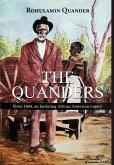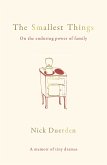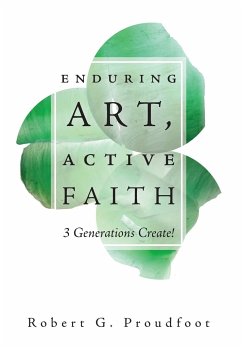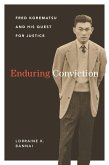An anarchist by temperament, the beautiful and talented Ding Ling attempted to find her way in the world alone. She had a few female friends and a few significant male others, but she rebelled against her family. Most importantly, she rebelled against the Chinese Communist Party to which she desperately hoped to belong. The first part of a comprehensive biography of the major 20th century Chinese author, Ding Ling, this work draws not only on her memoirs, but on numerous secondary sources, many of which have become available only in the last two decades. Though born into a wealthy family, Jiang Bingzi was raised by her mother after the untimely death of her father. She went to school in the May 4 era, when protest was in the air, the radical ideas of Mao were already in print, and her idol, Lu Xun, was making his literary mark. In her late teens she renounced her engagement, changed her name, and fled to Shanghai where she embraced the anarchist movement. The loss of her brother and lifelong friend, Wang Jianhong, and the loss of her significant other, Hu Yepin, all threw her into various states of depression, not to mention her own abduction by the Guomindang. Nevertheless, Ding Ling wrote her way out of despair and into the public limelight. Her first collection of short stories, In the Darkness, made her famous because of its profound grasp of feminine psychology and its daring treatment of human sexuality. But when Ding Ling attempted to dispel the darkness in Yan'an, she, like everyone else, was told by Mao in his famous Talks to focus on the light. Ding Ling made all the necessary adjustments, literary and political. She survived the rectification campaign and mastered proletarian fiction. Mao loved her novel The Sun Shines on the Sanggan so much that he ranked her third among contemporaries. Soon, she was traveling to Eastern Europe and to Moscow where she consulted with Soviet notables. With the founding of the People's Republic, it appeared her star was on the rise. This study of Ding Ling and China's literary environment in the first half of the 20th century will be useful to scholars and students of contemporary Chinese history, literature, and women's studies.
Hinweis: Dieser Artikel kann nur an eine deutsche Lieferadresse ausgeliefert werden.
Hinweis: Dieser Artikel kann nur an eine deutsche Lieferadresse ausgeliefert werden.








